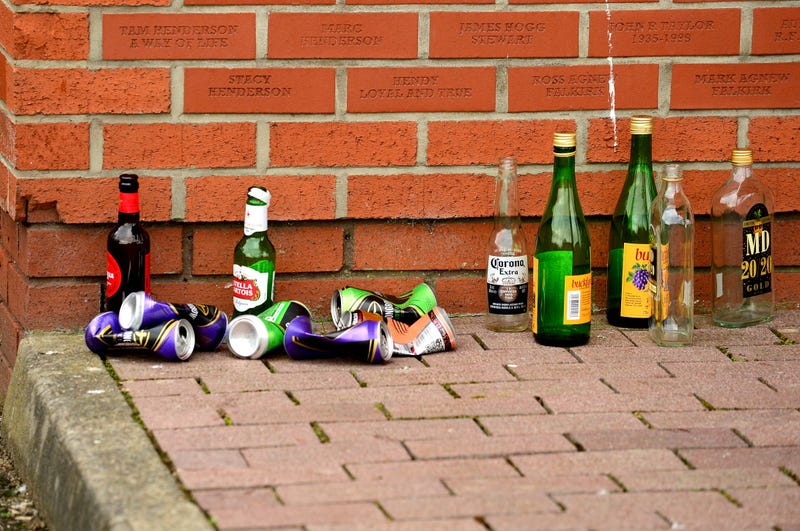
Researchers have discovered a “previously unknown mechanism” in the brain that controls whether a person will drink alcohol excessively.
The scientists at Linkoping University in Sweden found a handful of cells in the brain’s grey matter that, when tinkered with, could trigger someone to either binge drink or stay sober.
The study, published in the peer-reviewed Science Advances journal Wednesday, showed that when researchers manipulated these cells in rats, they successfully altered their alcohol dependence.
“I had not expected such a small group of nerve cells would be so decisive for this complex behavior,” Markus Heilig, the professor who led the team, said. “Nor have imagined it would be possible to demonstrate so clearly – by manipulating these cells from the outside – that they cause it.”
Researchers gave rats several drops of alcohol whenever they pushed a physical button. Later, scientists would send an electric shock to jolt the rats after each sip.
While most rats eventually chose to abstain from alcohol altogether, the study showed one in three rats disregarded the pain to continue drinking. Scientists noticed heightened activity in cells in the rats' brains, which they ultimately found they could manipulate to control the rats' choices.
Tampering with these brain cells meant scientists could control whether the rats engaged in behavior they already knew was risky.
The study’s authors called for pharmaceutical companies to invest in developing medications that target the controlling “mechanisms” they uncovered.


